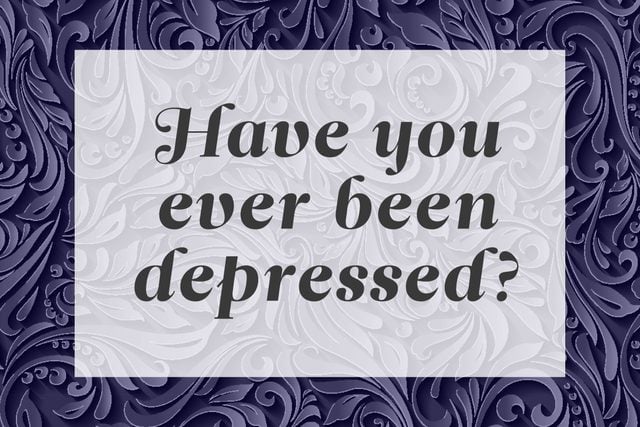
Have you ever been depressed?
If your family tree is a weeping willow, this could provide vital information for your own mental health. In recent years research has confirmed a genetic link in many thought and mood disorders, including depression, anxiety, bipolar disorder, impulse control issues, and schizophrenia, says Mayra Mendez, PhD, LMFT, a licensed psychotherapist and program coordinator for mental health services at Providence Saint John’s Child and Family Development Center in Santa Monica, California. “Don’t be afraid to ask your parents honest questions about their and other relative’s mental health,” she says. If they don’t respond well to terms like “depression” try asking in a more general way about whether they ever had a time when they felt sad a lot, had a hard time leaving the house, or were very angry, she adds. Find out what your mother’s health says about you.

What is your fondest memory from your childhood?
A lot of valuable and precious information is contained in the simple stories of growing up but simply asking a parent, “Tell me a story from your life” may leave them scratching their head. Instead, it’s best to ask specific, open-ended questions, Dr. Mendez advises. Appropriate questions could include: “Tell me about a time you had to overcome something really difficult and how did you accomplish it?” “How did you choose your career?” “What was your favorite birthday party?” and “What’s the hardest thing you’ve ever had to do?” Then ask questions to help them remember details. “It’s important to focus on the whole story, not just the happy ending,” she adds. (PS. Collect these childhood stories and keep them safe in a scrapbook, on recordings, or even with this high-tech memory keeper.)
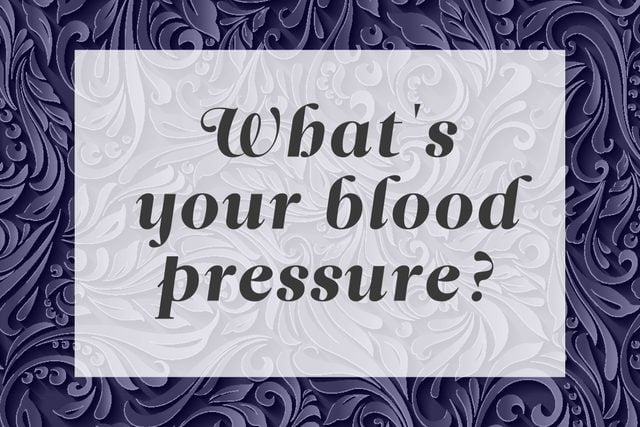
What’s your blood pressure?
The first thing most doctors do when you come into their office for the first time is ask you a lengthy series of questions about what diseases and ailments your first-degree relatives (i.e. your mom, dad, and siblings) suffer from. There’s a good reason for this, says Vinh Nguyen, MD, a family medicine physician at Orange Coast Memorial Medical Center in Fountain Valley, California. “Heart disease, diabetes, high blood pressure, breast cancer, ovarian cancer, and colon cancer, among others, all have strong genetic ties,” he explains. “Knowing what your family has can go a long way in helping you understand your risk for those common diseases.” Worried about your blood pressure now? Here are 31 things you should do right now to avoid high blood pressure.
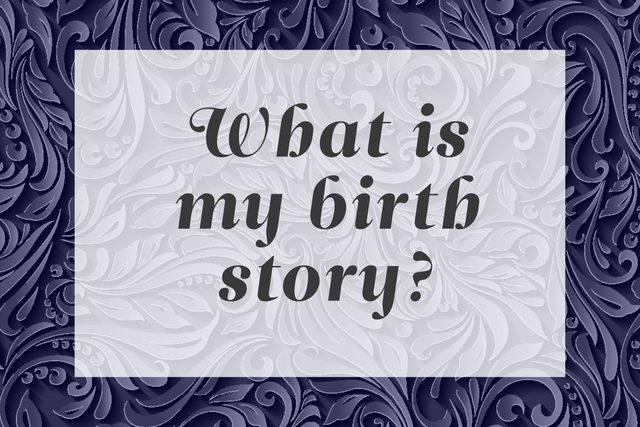
What is my birth story?
Many mothers love sharing the details of how their children were born so now is the perfect opportunity to hear all about the day you were welcomed into the world. Ask your parents how they felt when they discovered your mother was pregnant, how they chose your name, how she went into labor, their first thoughts when they met you, and so on. You can also ask to see pictures or videos of your birth to help tell the story, Dr. Mendez says.

What did Grandma and Grandpa die of?
People aren’t always open or completely honest about how close family members died. Whether it was from something serious like a drug overdose or suicide, or from something poorly understood at the time, like ovarian cancer, you may not know exactly what someone died of unless you ask directly. Even though these questions can be difficult, it’s important to ask them as they can give you vital information about your own health, Dr. Nguyen says. “Don’t just ask about the cause of their death but also the circumstances preceding it,” he says. “Ask about their gender, age of onset of the illness and age at death, their ethnicity and their race as all of these factors can influence your risk as well.”
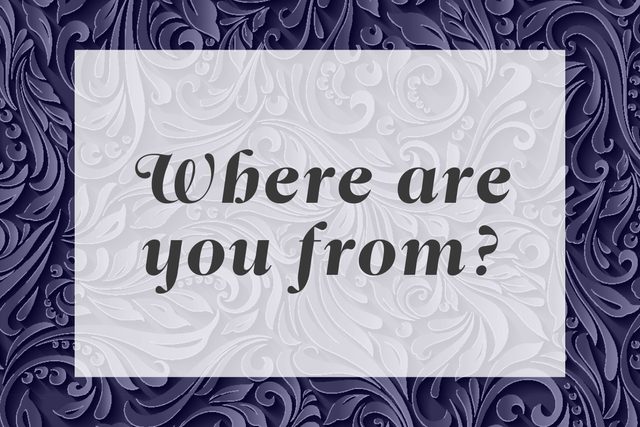
Where are you from?
Simply knowing where your parents were born isn’t the same as knowing their cultural history and how that shaped them. “Most people not only enjoy talking about their lives and experiences, they long to do it,” says Carrie Landin, PsyD, a psychologist at UCHealth. “Discussing your parents’ experiences with them can be one of the most enjoyable and beneficial conversations you can ever have. It helps you understand their perceptions, their feelings, and their ways of relating in the world, which helps you better understand your own ways of relating in the world.” Ask how they would describe the culture they grew up in and in which they identify. Ask if they had any family or community traditions growing up. And ask them how they see you fitting into that culture.

What was your favorite outfit?
You know when you look back at old yearbooks and ask “What were they thinking?!” while laughing over clothing that looks absurd to modern eyes. But guaranteed your mom and dad put just as much thought and angst into their high-school picture-day outfit as you did with yours. Talking about clothing or cars is a great way to get parents to open up about what kind of teenager they were, what their interests were and other little details you may not discover in any other way, Dr. Mendez says. Plus it’s good preparation for your kids because your outfits will look just as ridiculous to them someday!

Did you ever smoke?
Smoking and tobacco use are still a major contributor to death and disease—and that can be true even if you’re not the one lighting up, Dr. Nguyen says. If your mother smoked during your pregnancy or if you experienced second-hand smoke as a child, that is important for you and your doctor to know. It’s also important to ask about other substance use, like alcohol and drugs, as these can have both genetic and social impacts on families for generations, he adds. And if it’s you that’s the smoker, use these 23 tips to quit smoking now.
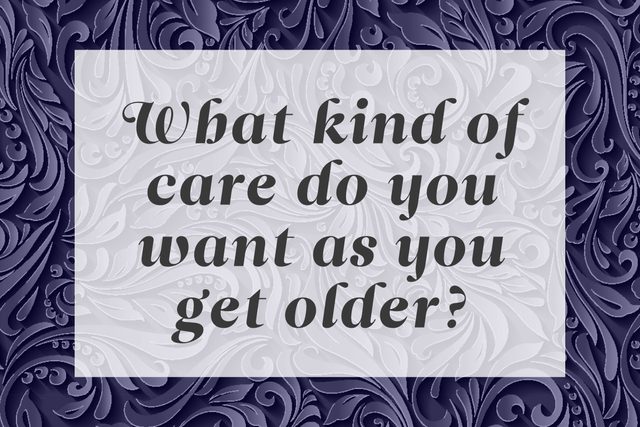
What kind of care do you want as you get older?
“As a geriatrician who frequently counsels and supports family caregivers who are seeking to care well for close family members as they age, I encourage family members to initiate and revisit quality of life issues, especially before memory concerns develop or worsen,” Dr. Lum says. Many people have written advance directives like a living will or medical power of attorney, but they haven’t discussed it with their children. It’s a tough conversation to have but you need to know what your parents want and expect now. Not sure how to start that conversation? Skip the “So do you want to keep your kidneys or donate them?” opener and instead use this starter kit from The Conversation Project. It will help you hit all the important points without freaking anyone out.
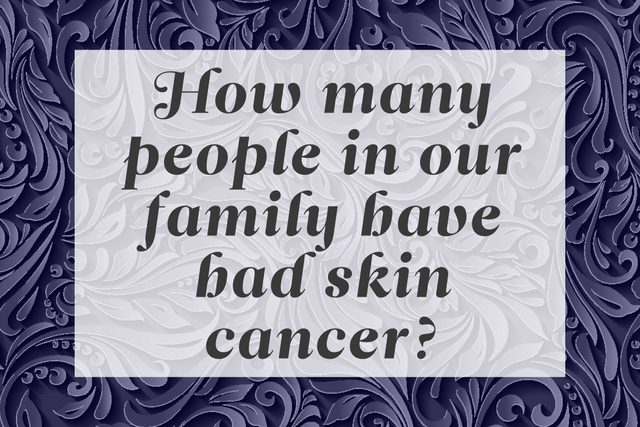
How many people in our family have had skin cancer?
It’s not just cancer and heart disease that have strong genetic components, says Hillary Lum, MD, geriatrician at the UCHealth Seniors Clinic. “Ask your parents if clotting disorders, Alzheimer’s disease or other dementias, diabetes, heart disease, high cholesterol, hypertension, stroke, gastrointestinal diseases, kidney diseases, lung diseases, or osteoporosis ‘run’ in the family,” she says. Can’t remember all that? My Family Health Portrait, an online tool created by the U.S. Surgeon General can help identify whether individuals have a higher risk for certain diseases based on family history. Complete it together with your parents to be as accurate as possible. For genetic disorders, like Cystic Fibrosis and Tay Sachs disease, check out the March of Dimes’ online tool.
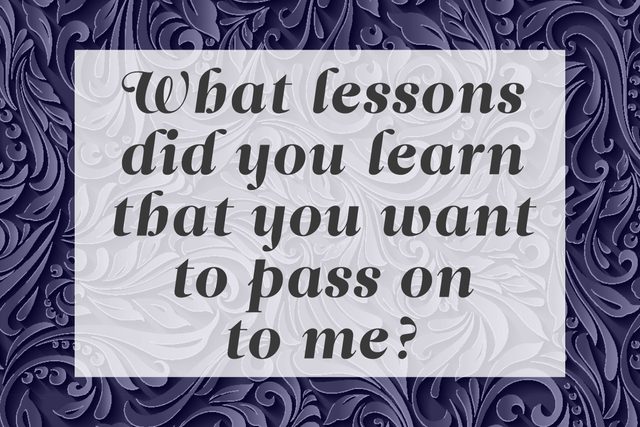
What lessons did you learn that you want to pass on to me?
From the moment you were conceived (and perhaps even before), your parents started storing up bits of wisdom they learned that they wanted to share with you. But sometimes the day-to-day business of raising children puts those thoughts on the backburner. Even if you’re a grown adult with children of your own, it’s never too late to ask your own parents about the most precious life lessons they learned and what they hope you will learn from them, Dr. Landin says. Their answers may surprise you.
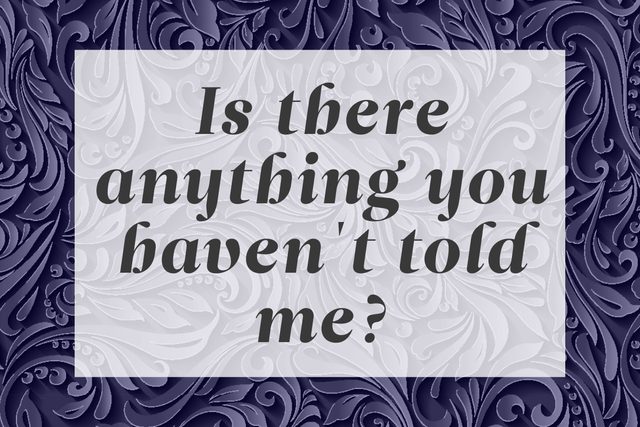
Is there anything you haven’t told me?
Secrets are usually secrets for a reason but very few stay secret for an entire lifetime. Sometimes parents are simply waiting for the “right” moment—a moment which may never come unless you ask them outright, Dr. Landin says. What you learn now, instead of later on a genealogy website like familytreenow, could help change your perspective on your family and life. And don’t worry, not all secrets are talk-show-worthy disasters.
